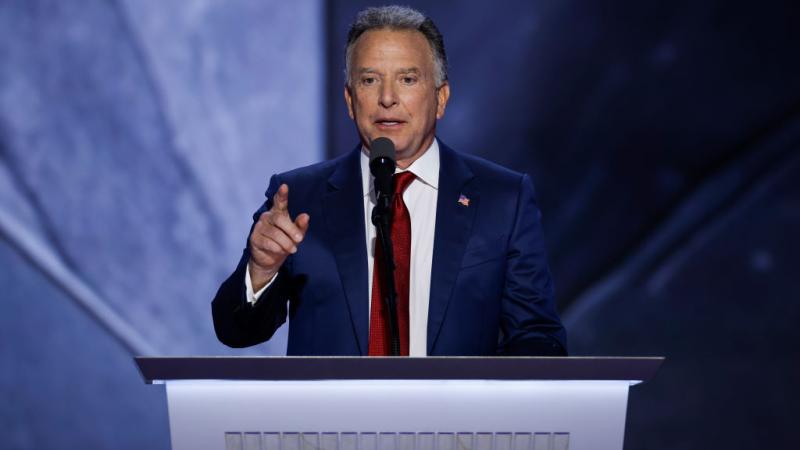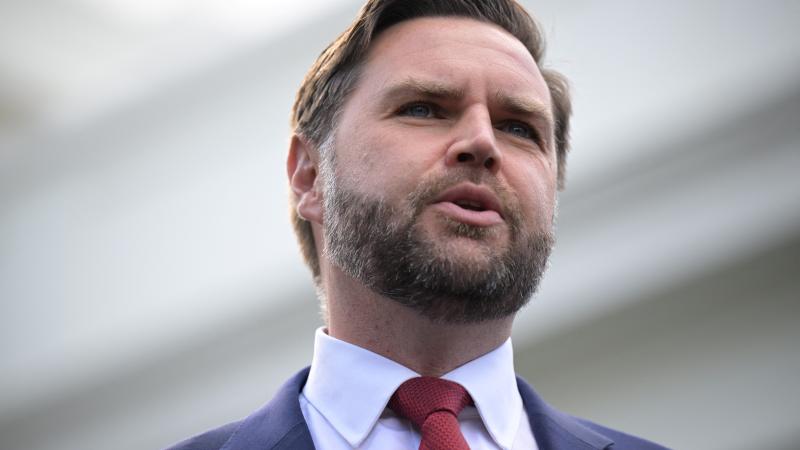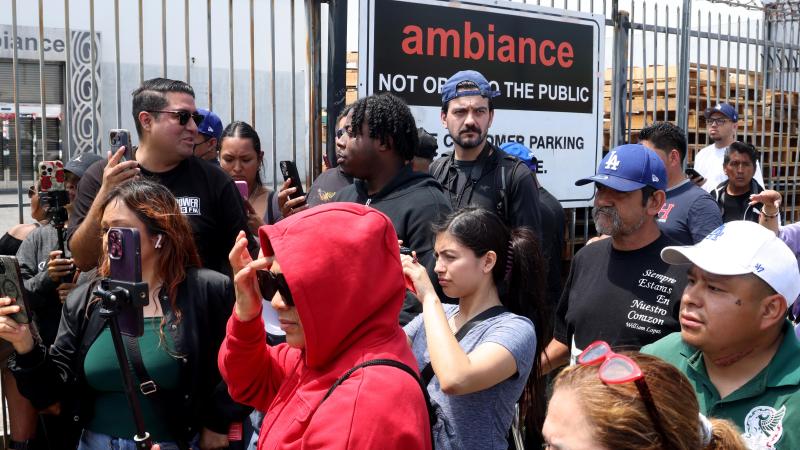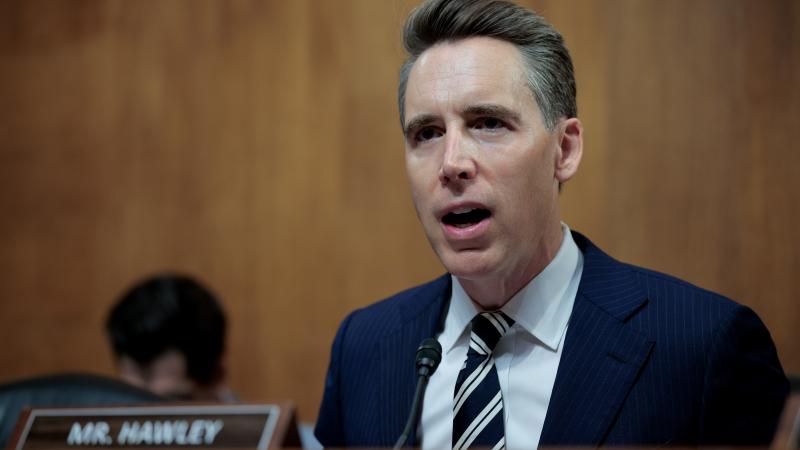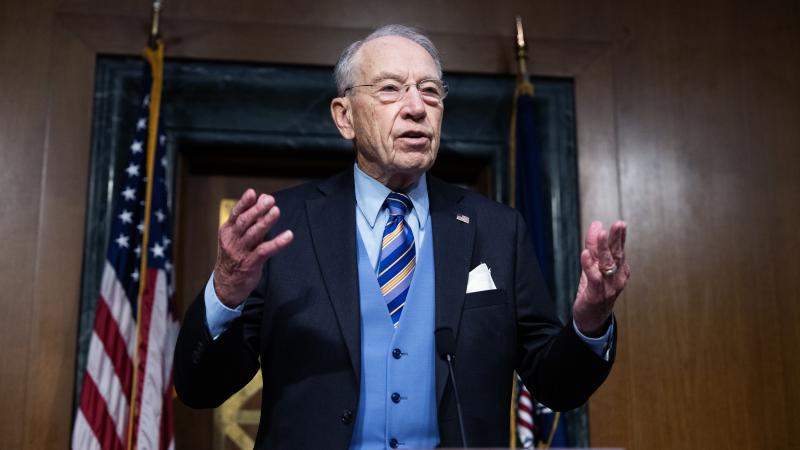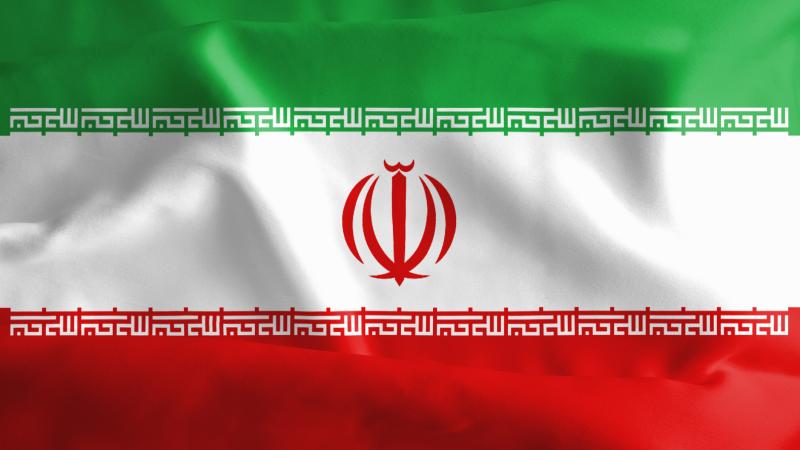With six bunker-busting bombs, Trump just rewrote history. Now Iran gets to choose the ending
Trump began advocating for ending Irans nuclear ambitions back in 2011.
As early as 2011, Donald Trump sounded the alarm that Iran must not become a nuclear power or the world would face unspeakable havoc.
"Iran's nuclear program must be stopped by any and all means necessary. Period,” the future president wrote in his book Time to Get Tough. “We cannot allow this radical regime to acquire a nuclear weapon that they will either use or hand off to terrorists.”
Fourteen years after penning that book, America’s 47th president took decisive action Saturday night to ensure Tehran didn’t reach that critical goal on his watch, dispatching bunker-busting bombs aboard B2 bombers and 30 Tomahawk missiles fired from submarines to “obliterate” the Iranian regime’s three primary nuclear weapons facilities at Fordow, Natanz and Esfahan.
Six bunker-buster bombs targeted Fordow,, Trump said, and 14 in all were deployed against the sites, the Pentagon said.
Early reports indicate the GBU-57 bunker busting bombs imploded Fordow, a mountain-fortified facility that evaded decades of UN inspections and tantalized the world with a never-ending threat of Iranian nuclear holocaust as its mullahs chanted “Death to America. Death to Israel.”
Trump declared himself pleased with the impact of his history-shaping decision, and pointedly made clear to Iran’s mullahs -- led by the Ayatollah Khamenei -- that their next step would determine the final outcome of the regime’s two-decade quest for an atomic bomb.
“Iran, the bully of the Middle East, must now make peace. If they do not, future attacks will be far greater and a lot easier,” Trump warned.
“There will be either peace or there will be tragedy for Iran far greater than we have witnessed over the last eight days,” he added. "Remember, there are many targets left. Tonight's was the most difficult of them all by far, and perhaps the most lethal. But if peace does not come quickly, we will go after those other targets with precision, speed and skill. Most of them can be taken out in a matter of minutes.”
Israel and the United States both braced for the worst possible response from Iran – more missile attacks or a possible terrorism strike – while hoping the earthquake-sized thunder of dropping the largest conventional bomb in world history may have shaken the Iranian regime toward a negotiated settlement.
Trump’s navigation of the Iranian crisis demonstrated a redefinition of the use of American military might, directly pressuring diplomatic efforts toward peace by delivering surgical strikes with shock and awe destruction.
He gave Iran 60 days to make a deal to forego its pursuit of a nuclear weapon and its enrichment of uranium, and on the 61st day green-lighted Israel to begin a military bombardment to destroy Tehran’s nuclear program. The first strikes decapitated Iran’s military leadership and disabled Tehran’s once-revered air defenses.
With unrivaled air superiority achieved by Israel, Trump then lulled Iran into thinking he would give the mullahs two weeks for more negotiations. In fact, he gave them just two days before unleashing Saturday night’s U.S. attacks that delivered utter destruction to Iran’s three most important nuclear development sites.
Iran vowed Sunday to "plunge the world into an unprecedented level of danger" in the aftermath of the bombings.
He ordered 'urgent and decisive action' must now be taken by the United Nations and other International bodies, adding that 'silence' will 'plunge the world into an unprecedented level of danger'.
Sir Keir Starmer said the US took action to 'alleviate' the 'grave threat' of Iran's nuclear programme - but urged Iran to return to the 'negotiating table' to end the conflict.
The UK Prime Minister said in a statement: 'Iran's nuclear programme is a grave threat to international security. Iran can never be allowed to develop a nuclear weapon and the US has taken action to alleviate that threat.
While a military success, Trump and his team as well as his partner, Israeli Prime Minister Benjamin Netanyahu, remain acutely aware there still may be peril ahead for the world. Iran’s vaunted Hezbollah sleeper terror cells and possible missile strikes against U.S. assets or its allies in the Middle East remain atop the worry list.
Trump’s Pentagon planned for every imaginable Iran response long before Saturday night’s bombing sorties, officials said. And almost immediately after the bombs dropped, signs of heightened security emerged.
Israel went to a new level of alert demanding its citizens avoid any unnecessary public activities. New York City raised its threat level. And U.S. warplanes and ships patrolled aggressively for any sign of retaliation.
In the meantime, Trump signaled unequivocally that Iran will choose the next edition of its fate: More attacks will bring more U.S. military might; more negotiations might bring a new era of peace and prosperity.
The choice, Trump said, is Iran’s to make.
Meanwhile, the president made sure to address the likely naysayers in the globalist community at large, the far-left of the American Democrat Party that pursued fruitless deals with Iran for more than a decade and the isolationists in his own party who immediately cackled the U.S. bombings were unjustified, illegal or even impeachable
During his nationally televised post-bombing address, Trump enumerated the deadly toll Iran’s violence took on Americans for five decades starting with the 1979 embassy hostage crisis followed by deadly bombings in Lebanon and Saudi Arabia in the 1980s and 1990s and then the Iranian-made roadside bombs that killed and maimed hundreds of U.S. soldiers during the Iraq War.
“For 40 years, Iran has been saying 'Death to America, Death to Israel.' They have been killing our people, blowing off their arms, blowing off their legs, with roadside bombs,” Trump reminded Americans. “That was their specialty. We lost over 1,000 people, and hundreds of thousands throughout the Middle East and around the world have died as a direct result of the hate.”
Whether that carnage continues or subsides after Saturday’s massive bombing now rests with Iran.

